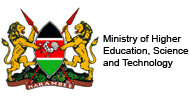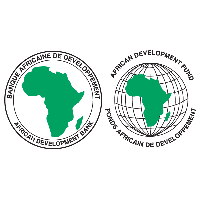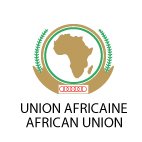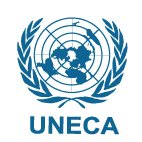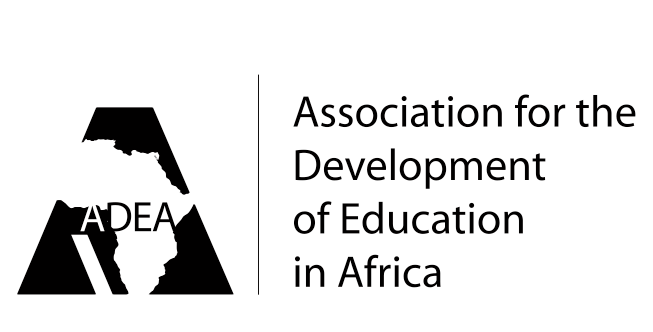STI Forum ends and issues Ministerial Declaration

The First African Forum on Science, Technology and Innovation (STI) concluded in Nairobi on Tuesday April 3rd by issuing the Nairobi Ministerial Declaration, which announces a range of resolutions to promote and strengthen science, technology and innovations
Ministers, science experts and other participants attending the First African Forum on STI for Youth Employment, Human Capital Development and Inclusive Growth, unanimously pledged to support and integrate STI policies, strategies, programs and action plans in national and continental agendas.
The Forum ended after a two-days meeting of experts (April 1-2, 2012) and a one-day Ministerial Conference (April 3, 2012) presided over by the President of Kenya, Honorable Mwai Kibaki.
The Experts’ Meeting considered strengthening STI by improving science, technology and mathematics education (STEM), enhancing scientific research and ensuring that higher education systems are equipped to meet the demand for STEM education. It also emphasized the need and shared successful experiences on how to nurture innovation and entrepreneurship skills, tap into existing STI knowledge and cultivate a dynamic innovation eco-system. Participants also reflected and agreed upon initiatives for harnessing STI to address agriculture, health, water and energy challenges through tangible actions.
The Ministers’ Meeting focused on the integration of STI policies in national and regional development agendas as well as STI financing mechanisms and investments.
“In spite of the progress that has been made, much more needs to be done to ensure that Africa becomes a global hub for innovations. An important strategy in this connection is the urgent need to control and reserve the massive brain drain out of the continent. We need policies and infrastructure for research and development that will attract and retain top-notch scientists” noted President Kibaki in his opening remarks for the Ministerial Conference.
It is a concern that was endorsed by Irina Bokova, the Director-General of UNESCO, which is working with over twenty African countries to review existing national STI policies and to assist in the formulation of national STI policies. UNESCO is also strengthening the capacity of researchers.
“Africa is on the move today. Science, technology and innovation is vital to maintaining this momentum. Our vision is clear, but we must do more to defend it -- social equity, environmental protection and sustainable, green economic development are part of a single agenda.” she said. “We need an integrated scientific research agenda to better understand the world, to identify boundaries and tipping points.”
African Development Bank’s President Donald Kaberuka challenged the African nations to look at STIs as a means of creating wealth in their countries through supporting entrepreneurship and innovations, to ensure growth ad sustainability, and to move away from inheritance wealth like oil and minerals, as they are exhaustible.
He said it was also important for Africa to commercialize its own innovations and to expand financial services for innovation. “I am delighted that this conference focused on innovation and entrepreneurship, as well as on science research and development," he said.
He also stressed the need to strengthen higher education institutions. “The best of us study abroad and stay abroad. We need to find ways to bring our best people back to move Africa from being a consumer to a producer of knowledge, “argued Mr. Kaberuka.
The Deputy Chairman of the African Union Commission Erastus Mwencha also affirmed the African Union’s support towards making Africa self-sustainable in STIs.
The Ministerial conference ended by issuing the Nairobi Ministerial Declaration, which includes a range of measures to harness STI for sustainable development.
In the Declaration, the Ministers agree to:
• Enhance the linkage between (STEM) education and labor markets in Africa;
• Strengthen linkages between knowledge generation and enterprise development;
• Strengthen scientific research in Africa;
• Harness STI for sustainable development;
• Strengthen regional networks and South-South and North-South cooperation in STI;
• Promote STI as a driver for inclusive growth and youth employment with a focus on entrepreneurship.
They also commit to:
• Strengthen Higher Education and Research Institutions to increase human capital in STEM;
• Contribute to the international initiatives aimed at promoting STI; namely the Science with Africa Conference, initiatives by AMCOST, the AfDB-AUC-ECA-ILO Youth Employment Initiative, and the UNESCO and ILO Youth and STI focused initiatives;
• Support the full establishment and management of the Pan African University (PAU), the African Observatory for Science, Technology and Innovation (AOSTI), and AU's research grants;
• Support the AU’s Consolidated Plan of Action (CPA) review process;
• Enhance collaboration with UNESCO, UNECA, AUC and AfDB in STI;
• Invite AU member States to support the effective implementation of the outcomes of the ADEA 2012 Triennale.
On the final day of the Forum, President Kibaki also awarded five Kenyans who had showcased innovations at the “Africa on the Move” exhibition, in fields ranging from ICT applications to health, agriculture and education.
The outcomes and recommendations of the Forum including the Ministerial Declaration will fit into the forthcoming STI initiatives, including the AMCOST Conference in May 2012, the “Science with Africa” Meeting in June 2012 and the African Development Bank’s Annual Meetings in May 2012.
Ministers with responsibility for science, technology and innovation, finance, planning and education and over 300 science experts, representatives from the Regional Economic Communities (RECs), senior technical staff from Ministries of education, science and technology as well as representatives from higher education and research institutions, Centres of Excellence, Civil Society Organizations and youth attended the 1st Africa Science, Technology and Innovations Forum.
The three-day Forum was hosted by the government of Kenya and organized by the African Development Bank (AfDB), the African Union (AU), the United Nations Educational, Scientific and Cultural Organization (UNESCO), the United Nations Economic Commission for Africa (UNECA) and the Association for the Development of Education in Africa (ADEA).

